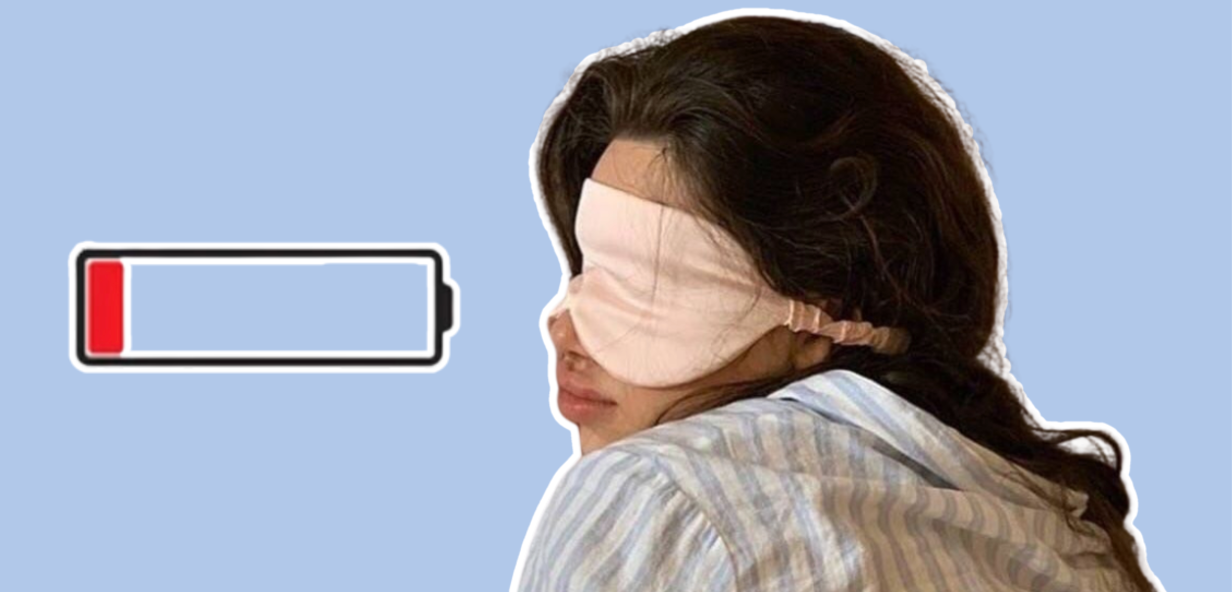
How to Deal with Burnout as a Teen
Burnout isn’t just an adult thing. As a teen, you’re juggling school, extracurriculars, friendships, family expectations, and evre.thing in between. With all that on your plate, it’s no surprise that you can sometimes feel mentally, physically, and emotionally drained. But here's the thing: burnout is real, and it’s okay to feel overwhelmed. The key is recognizing it early and knowing how to handle it.
So, let’s talk about how to deal with burnout and how to give yourself the self-care you deserve. Spoiler: It doesn’t involve being perfect—it involves taking it one step at a time.
1. Recognise the Signs
- Exhaustion: You feel tired all the time, even after a full night’s sleep.
- Lack of Motivation: evre.thing feels like a chore, even things you usually enjoy.
- Irritability: Small things trigger you, and you snap at people more than usual.
- Difficulty Focusing: You struggle to concentrate on your tasks or get easily distracted.
- Feeling Overwhelmed: You have so much on your plate that you feel like you’re sinking.
If any of these sound familiar, you might be dealing with burnout. It’s not a sign of weakness—it’s just your body and mind telling you that they need a break.
- Take a Break (No, Really)
One of the easiest and most effective ways to combat burnout is by taking time off. I know it’s hard—especially when you’ve got homework, deadlines, and social plans—but it’s crucial for your mental health. Your brain and body need rest to function properly.
Here are some ways to hit the pause button:
- Take a day off from evre.thing: Stay home, turn off your phone, and focus on doing absolutely nothing. Let yourself recharge without guilt.
- Take breaks during tasks: Don’t try to push through hours of studying or working. Take 10-15 minute breaks to stretch, breathe, or just stare at the ceiling. (Trust me, it works!)
- Sleep: Sleep is your best friend when it comes to recovery. Prioritize it—no all-nighters.
- Set Realistic Expectations
Sometimes burnout happens because we expect too much of ourselves. You’re only human, and you can’t do evre.thing at once. Instead of trying to juggle 100 things, focus on what’s truly important and prioritise your tasks.
- Make a to-do list: Write down evre.thing you need to do and break it down into smaller, manageable tasks.
- Learn to say no: If someone asks you to do something that will just add to your stress, it’s okay to decline. Protect your time and energy.
By setting realistic goals and managing your time, you can reduce the pressure and make burnout less likely.
- Talk to Someone You Trust
Sometimes the best way to cope with burnout is to talk it out. Whether it’s a friend, family member, or a counselor, sharing how you feel can help relieve some of the mental burden. It’s easy to feel like you’re alone in this, but talking to someone can help you gain perspective and remind you that you’re not facing it by yourself.
- Vent to a friend: Get evre.thing off your chest with someone who’ll listen and understand.
- Ask for help: If school or extracurriculars are stressing you out, ask a teacher, coach, or family member for advice or support. They might be able to help you manage your workload better.
- Find Ways to Relax and Recharge
When you’re feeling burnt out, you need activities that help you relax and unwind. Doing things that make you feel good will help reduce stress and make it easier to handle evre.thing else.
- Practice mindfulness or meditation: Try breathing exercises or apps like Headspace to clear your mind.
- Exercise: A quick walk, run, or even dancing around your room can help release stress and boost your mood.
- Do something creative: Whether it’s drawing, writing, or playing music, creative outlets are perfect for relieving stress.
- Set Boundaries
Part of burnout is feeling like you’re always giving and never receiving. Setting boundaries—whether it’s with friends, family, or school—can help you manage your energy and focus on what truly matters. You don’t have to be evre.thing to evre.one.
- Limit social media: Sometimes scrolling endlessly can make you feel worse. Set time limits for apps or take a social media detox.
- Know when to step back: If you’re feeling overwhelmed by your commitments, let people know that you need some time to focus on yourself.
- Practice Self-Compassion
We’re often our own worst critics, and during burnout, that inner voice can be especially harsh. But you need to remind yourself that it’s okay to not be perfect. You’re doing your best, and that’s enough.
- Be kind to yourself: Take a break without feeling guilty. Remember, it’s okay to rest and recharge.
- Give yourself credit: Celebrate the small wins, like getting through a tough assignment or simply getting out of bed. These little victories matter!
- Final Thoughts: You’ve Got This!
Burnout doesn’t define you—it’s a signal that you need to slow down, take care of yourself, and recharge. As a teen, you’ve got a lot on your plate, but learning how to manage stress and take care of your mental health now will set you up for success later on.
So remember, take breaks, set boundaries, talk to someone you trust, and give yourself the self-compassion you deserve. Your health and well-being come first, and evre.thing else can wait.


